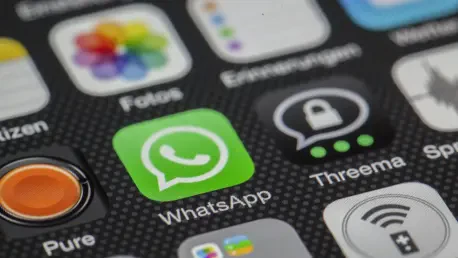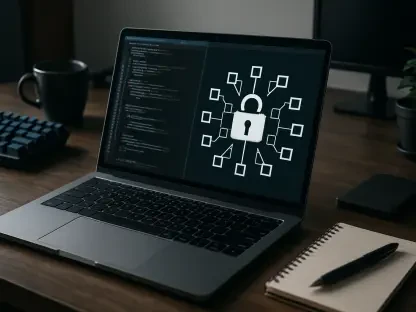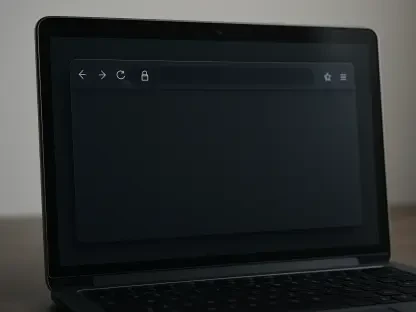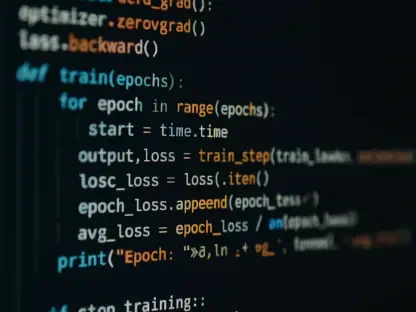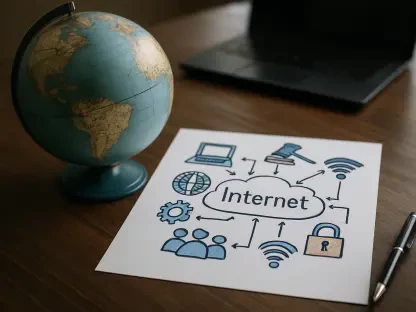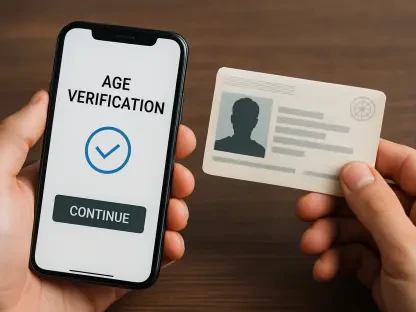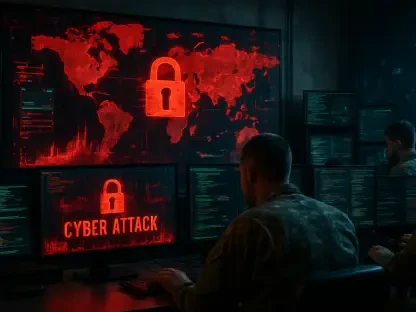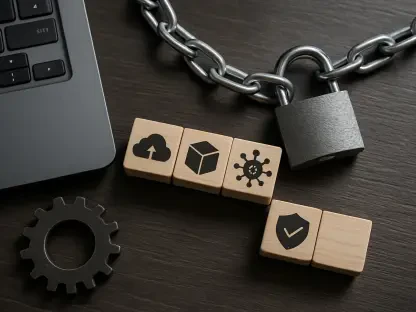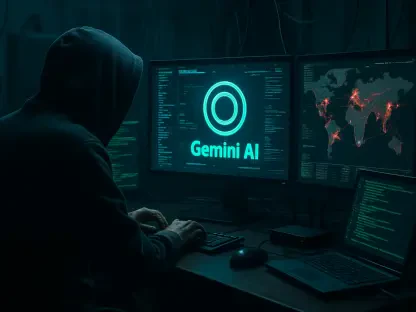I’m thrilled to sit down with Rupert Marais, our in-house security specialist with deep expertise in endpoint and device security, cybersecurity strategies, and network management. Today, we’re diving into the world of Pwn2Own, a renowned hacking competition that pushes the boundaries of cybersecurity research. In this conversation, we’ll explore the significance of zero-click exploits, the focus on consumer tech like mobile phones and messaging apps, the impact of high-stakes prizes, and how such events shape the future of digital security.
What can you tell us about the Pwn2Own competition and its core purpose?
Pwn2Own is a high-profile hacking competition where some of the world’s best security researchers come together to uncover vulnerabilities in popular tech products. Its main goal is to identify flaws in software and hardware before malicious actors can exploit them. By offering substantial cash prizes, it incentivizes ethical hacking, and the findings are shared with vendors to patch issues, ultimately making everyday technology safer for users.
Why do you think there’s such a big emphasis on consumer products like mobile phones and smart home devices in this year’s event?
Consumer products are at the heart of our daily lives, and they often store our most sensitive data—think personal messages, banking info, or even home security controls. They’re also prime targets for attackers because of their widespread use and varying levels of security. Focusing on these devices ensures that vulnerabilities affecting millions of people are prioritized and addressed before they can cause real harm.
Can you break down what a zero-click exploit is for someone who isn’t familiar with tech jargon?
Absolutely. A zero-click exploit is a type of vulnerability that allows an attacker to compromise a device or app without any action from the user—no clicking a link, no downloading a file, nothing. It’s often triggered just by receiving a message or connecting to a network. This makes it incredibly dangerous because you might not even know you’ve been hacked until it’s too late.
With a $1 million prize for a zero-click WhatsApp exploit this year, what makes this particular challenge so significant?
WhatsApp is used by billions of people worldwide for personal and even business communication, so a zero-click vulnerability in it could have catastrophic consequences, like enabling mass surveillance or data theft. The huge prize reflects both the difficulty of finding such a flaw and the urgency of securing the app. It’s a way to draw top talent to tackle a critical issue that impacts global privacy and security.
Mobile phones, like the latest Samsung Galaxy and iPhone models, are a major focus at Pwn2Own. Why are these devices so central to the competition?
Mobile phones are essentially mini-computers we carry everywhere, packed with personal data, apps, and access to our digital lives. They’re also constantly connected, making them a goldmine for attackers. Competitions like Pwn2Own target phones because securing them is vital—any flaw could expose users to everything from identity theft to spyware, so finding and fixing those gaps is a top priority.
There’s a new USB attack vector introduced for mobile devices this year. Can you explain what that means and why it’s important to test?
A USB attack vector refers to exploiting vulnerabilities through a physical connection, like plugging a malicious USB device or cable into a phone. It’s important to test because it simulates a real-world scenario where someone with brief physical access to your device—like at a charging station or through a lost phone—could potentially install malware or steal data. It highlights the risks beyond just remote attacks.
How does the involvement of a major sponsor like Meta influence the direction or focus of the competition?
Having a sponsor like Meta, which owns platforms like WhatsApp, brings a specific lens to the event. They’re likely keen on seeing their products rigorously tested, especially for high-impact flaws like zero-click exploits, to protect their users and reputation. Their involvement can steer the competition toward certain technologies or vulnerabilities, while also adding credibility and resources to the event.
Pwn2Own is being held in Cork, Ireland, for the second time. How does the location play a role in the event’s atmosphere or outcomes?
Hosting Pwn2Own in Cork, especially at a major tech company’s office, creates a unique environment. It’s not just a random venue—it often means better access to cutting-edge tech for testing and a direct line to industry experts. Plus, Cork has a growing tech hub vibe, which can inspire collaboration and attract diverse talent, potentially influencing the creativity and quality of the research presented.
What’s your forecast for the future of cybersecurity competitions like Pwn2Own in shaping how we protect technology?
I believe these competitions will only grow in importance as technology becomes more integrated into our lives. They’re a proactive way to stay ahead of cybercriminals by crowdsourcing the discovery of flaws in a controlled, ethical manner. In the coming years, I expect we’ll see even larger prizes, more diverse categories like AI or IoT devices, and greater collaboration between researchers and vendors to turn vulnerabilities into stronger defenses.
